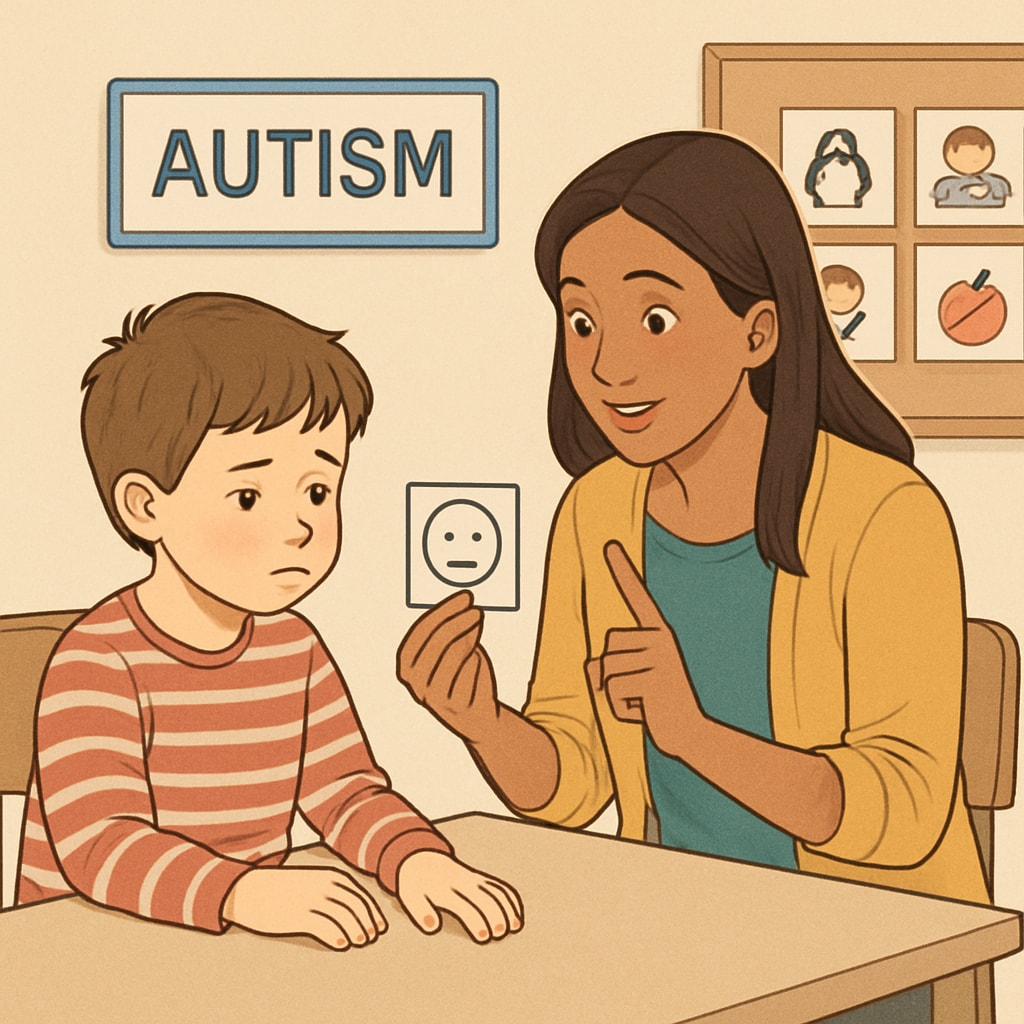Working as a teacher assistant in special education, particularly with children diagnosed with autism, is both a challenging and rewarding journey. This role requires dedication, patience, and the ability to adapt to diverse needs. In this article, we’ll explore the realities of being an autism teacher assistant, provide practical advice for preparing for interviews, and discuss strategies to maintain a healthy work-life balance in this demanding profession.

Understanding the Role of an Autism Teacher Assistant
Teacher assistants in special education often work closely with children who have autism spectrum disorder (ASD). Their responsibilities vary depending on the child’s needs, but common tasks include supporting classroom instruction, assisting with communication, and managing behavioral challenges. For example, using visual schedules and social stories can help children with autism understand expectations and reduce anxiety.
In addition to classroom duties, teacher assistants often collaborate with special education teachers, speech therapists, and occupational therapists. This teamwork is essential for creating individualized education plans (IEPs) that support the child’s academic and social development.
Despite the rewards of making a difference in a child’s life, the role comes with challenges. Many teacher assistants face emotional fatigue, as they witness the struggles of their students. This makes self-care and support networks vital for long-term success in this field.
Preparing for a Special Education Interview
Interviewing for a position as a special education teacher assistant requires preparation, as you’ll need to demonstrate both your skills and your passion for working with children with autism. Here are some practical tips:
- Research the school and its programs: Understand the school’s approach to special education and the services it provides.
- Be ready to discuss experiences: Share specific examples of working with children, particularly those with autism, highlighting your problem-solving and communication skills.
- Familiarize yourself with common strategies: Understand tools and methods such as Applied Behavior Analysis (ABA), sensory integration techniques, and communication devices.
- Ask thoughtful questions: Inquire about the school’s support systems for staff and professional development opportunities.
By preparing thoroughly, you can show both your qualifications and your commitment to supporting students with special needs.

Balancing Professional and Personal Well-being
The emotional and physical demands of working with children with autism can be significant. Teacher assistants often juggle tasks such as managing meltdowns, assisting with daily activities, and adapting teaching methods—all of which require energy and focus. To avoid burnout, it’s crucial to prioritize self-care. Here are some strategies:
- Set boundaries: Avoid taking work stress home by establishing clear work-life separation.
- Develop a support network: Connect with colleagues, friends, or online communities who understand the challenges of special education.
- Practice mindfulness: Techniques such as meditation or deep breathing can help manage stress levels.
- Seek professional growth: Attend workshops or enroll in courses to stay motivated and improve your skills.
By incorporating these practices, teacher assistants can maintain their passion for their work while safeguarding their mental and physical health.
The Rewards of Supporting Children with Autism
Despite the challenges, being an autism teacher assistant is deeply fulfilling. Witnessing a child communicate their needs for the first time or master a new skill is incredibly rewarding. These small victories remind us of the profound impact we can have on a child’s life.
Working in special education also offers opportunities for personal growth. Teacher assistants often develop skills such as empathy, resilience, and problem-solving—qualities that are valuable in all areas of life.
In conclusion, while the path of a special education teacher assistant is not without its hurdles, it offers immense rewards. By preparing thoroughly, seeking support, and focusing on self-care, you can thrive in this meaningful career.
External Resources:
For more information on autism and education strategies, visit Autism Speaks and NASP Special Education Resources.


